What insurance do you need for raw land?

What insurance do you need for land? A Farm Bureau Insurance agent who works with rural landowners shares his advice on the coverage your land needs.
When you invest in rural land, you want to think about the fun you’re going to have on that property - whether you purchased it for recreation, as an investment, to enlarge your farm or to serve as your future homesite.
But you also need to think about protecting that investment. What insurance do you need for raw land?
 Brad Raulerson is in the business of helping his clients prepare for just about anything: he’s a Farm Bureau Insurance agent based in Nassau County, Florida, where he’s worked with a number of “gentleman ranchers” and other rural landowners in Hilliard, Callahan and other rural parts of the region. After nearly two decades in the business, he offers Rethink:Rural readers some wise advice about the best ways to insure your rural property.
Brad Raulerson is in the business of helping his clients prepare for just about anything: he’s a Farm Bureau Insurance agent based in Nassau County, Florida, where he’s worked with a number of “gentleman ranchers” and other rural landowners in Hilliard, Callahan and other rural parts of the region. After nearly two decades in the business, he offers Rethink:Rural readers some wise advice about the best ways to insure your rural property.
WHEN DO LANDOWNERS NEED LIABILITY INSURANCE?
Even if you own vacant land without a structure on it, Raulerson says liability insurance can protect you from future trouble.
“When you have acreage, liability situations can arise,” he says. “People could be riding four-wheelers or hunting on your property. You might not even know they’re doing it, but you could still be held liable. If you have more than five acres of land, I would at least check into it.”
A separate policy for the property itself may be required. But some companies, including Farm Bureau Insurance, allow clients to “endorse” land they own under their current homeowners’ policy, depending on what they plan to use the land for.
INSURING THE EQUIPMENT OR ANIMALS ON RURAL LAND
Endorsements are available not only for the rural land, itself, but also for investments a landowner may need to make to manage the land, such as a tractor, a large mower or a bush hog.
“The homeowners’ insurance policy may only cover $1500 to $2500, but if the equipment is worth more than that, you may want to endorse that equipment,” Raulerson says.
If you are using your land to raise animals, you can also cover the liability associated with the animals, themselves. For example, if your 400-pound cow became loose and ended up causing a crash on a nearby road, liability insurance would cover you.
WHEN YOU BUILD A HOMESITE, WILL HOMEOWNERS’ INSURANCE COVER THE ACREAGE SURROUNDING THE HOUSE?
Raulerson says homeowners insurance will cover your property to an extent, but if you have another structure, such as a barn, on your property, the distance from your home can determine whether it is included in your homeowners’ policy. Most companies’ home insurance policies do not cover an outlying structure more than 150 feet from the  home, Raulerson says.
home, Raulerson says.
If the land is being used for a business, commercial insurance may be a more fitting option.
“If you’re using the land for your construction, electric or plumbing business, you might have $30,000 worth of materials or more on the property,” he says. Commercial insurance would provide protection if there was a theft, fire, hurricane or other unexpected event.

ARE FLOOD AND FIRE INSURANCE NECESSARY FOR VACANT LAND?
When you own a tract of strictly raw land without a structure on it, Raulerson says he wouldn’t worry about flood or fire insurance. Both flood insurance and fire insurance protect structures like homes and outbuildings, so they would not be needed for vacant land.
Just remember, as your land - and the structures and equipment you use on your land - changes, make sure you reassess your coverage and insure any new assets that could be at risk.
FIND THE RIGHT INSURANCE AGENT FOR RURAL LAND
“Insurance today is so often written with subdivisions in mind,” Raulerson says. “Land is a niche that not every agent is familiar with. Make sure you find the right company and the right agent. Interview the agent and make sure they really understand the risks.”
-
Look for someone knowledgeable, who understands the unique factors associated with rural land ownership.
-
Compare prices and coverage to ensure you’re being offered a fair price.
-
Use a company that has a record of stable finances. Ideally, look for a company with an A.M. Best rating.
“So many insurance companies are all geared around price,” Raulrson says. “That’s important, but you also want to know you have the right coverage, and that your agent will be able to navigate you through risks you might not have thought of.”
Brad Raulerson works for Farm Bureau Insurance in Fernandina Beach, Florida. He welcomes your questions. You can reach him at Brad.Raulerson@FFBIC.com or post your questions in the comments below.
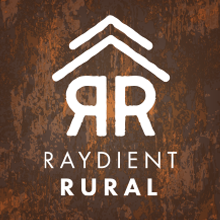
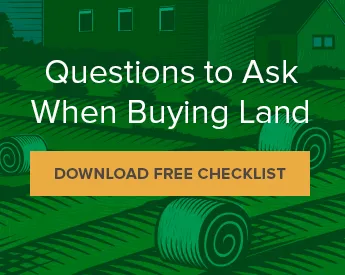


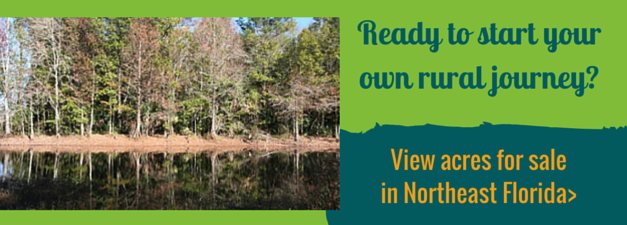



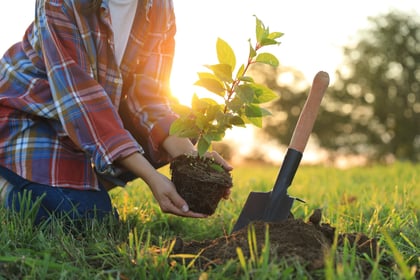
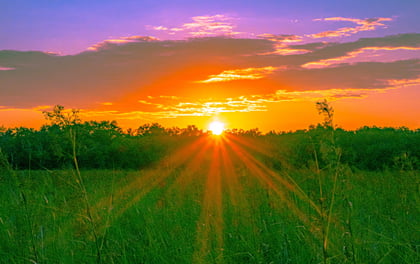
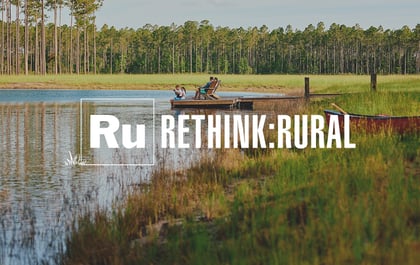
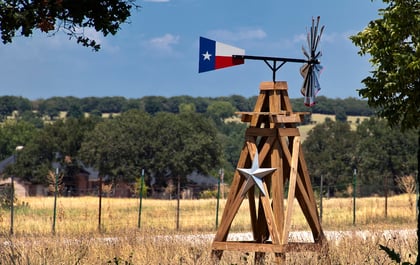
Your email address will not be published. Required fields are marked*